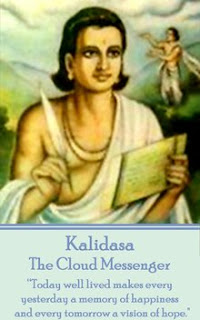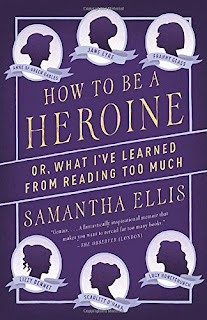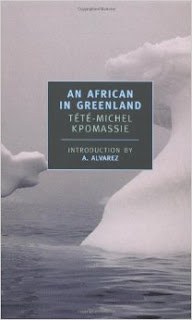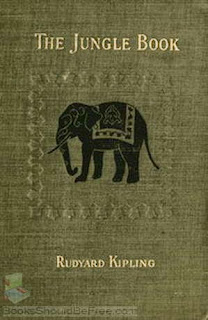The Cloud Messenger

Meghadutam, or, The Cloud Messenger, by Kalidasa I must say, the Classics Club has been good for me. When I first compiled the list, I added a bunch of titles that I didn't actually know what they were. Surprise is good, right? Several of the surprise titles were ancient or medieval texts from Asian sources. So, I have Kojiki (Japanese) and Muqaddimah (Arabic) on my list, and I'm tracking those down. And I had The Cloud Messenger , by Kalidasa, who lived about 1500 years ago and wrote in Sanskrit. Kalidasa wrote plays and poetry, and the web page where I read the poem says that he "created a new genre in Sanskrit literature" with The Cloud Messenger . Instead of an epic or a hymn, this is a poem about love and longing. It's too long to be called a lyric, but the website describes it as elegiac, which is pretty good. In the poem, a young Yaksha--an attendant on Kubera, the god of wealth--has committed some fault and has been exiled from t...








